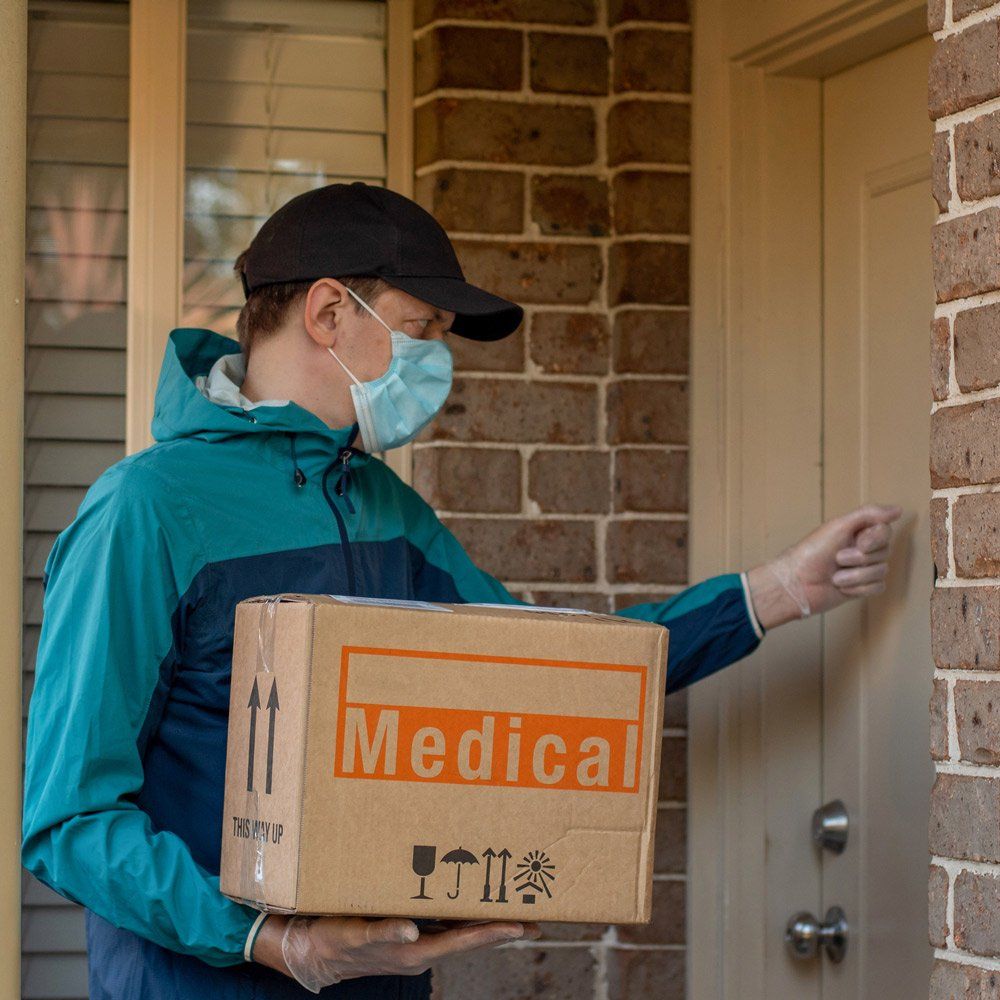The Role of Veterinary Labs in Protecting Pet Health
The Role of Veterinary Labs in Protecting Pet Health
Blog Article
Ensuring your dog or cat stays in top condition, diagnostic exams is essential. Labs specializing in pet care monitor overall health for four-legged family members.
Through this guide, we’ll discuss the impact of routine pet exams and review common procedures.
What Are Veterinary Laboratories?
Labs focused on animal health conduct a range of tests to assist veterinarians. They rely on specialized equipment to ensure accurate results.

Main purposes of veterinary labs include:
- Detecting hidden diseases: This helps vets act quickly.
- Managing long-term health issues: Provides continuous care insights.
- Confirming treatments are effective: Improves treatment accuracy.
Essential Pet Health Exams
Diagnostic centers for pets specialize in diverse diagnostics to detect specific issues. Essential health checks include:
- Blood workups: Monitor immune health.
- Bladder health evaluations: Check for diabetes.
- Intestinal health exams: Ensure proper gut function.
- Allergen identification: Diagnose environmental or food allergies.
- X-rays and ultrasounds: Identify hidden abnormalities.
The Benefits of Regular Veterinary Testing
Frequent health screenings keeps your pets in optimal condition. By identifying potential problems early, their overall health improves.

Other advantages include:
- Extended lifespan: Keeping them thriving helps pets stay by your side for years.
- Lower medical bills over time: Addressing small problems early saves on emergency care.
- Confidence in their well-being: You’ll know they’re cared for.
clinica veterinaria laboratorio
laboratório veterinario são paulo
Why Testing is Key for Dogs and Cats
Pet diagnostic labs play a critical role in ensuring your dog or cat’s well-being. By making diagnostics a priority, you protect them from preventable illnesses.
Start today to ensure their health for years to come!
Report this page